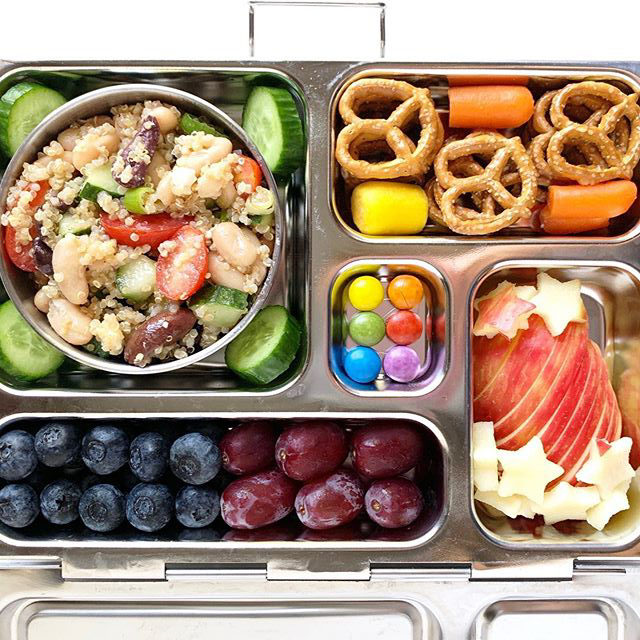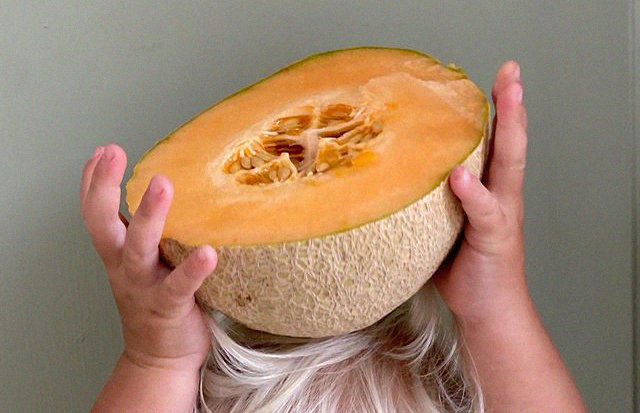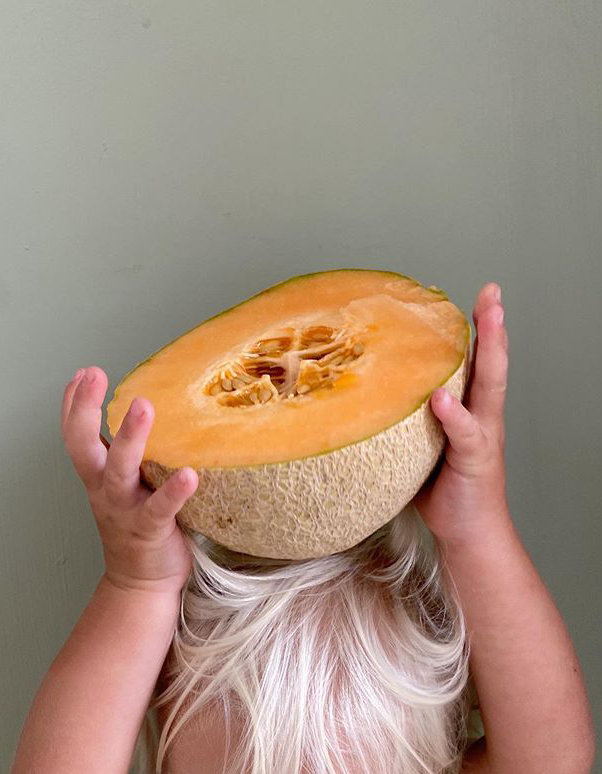 From starting solids to sleep training, parenting is full of decisions that most of us are making on the fly. Should we go back in and rock them to bed? Is television really the worst thing ever? Most of our choices reflect our individual perspectives on parenting, family and various levels of by-the-bookdom, but once in a while it helps to call in the big guns like a true expert opinion. So we’re bringing you answers to common parenting questions thanks to Babe’s resident pediatric expert, Dr. Aliza Pressman, Ph.D., co-founder of the Mount Sinai Parenting Institute and host of Raising Good Humans podcast. This week she takes on introducing healthy, diverse eating habits to our children, and how to navigate even the pickiest of eaters and grazers.
From starting solids to sleep training, parenting is full of decisions that most of us are making on the fly. Should we go back in and rock them to bed? Is television really the worst thing ever? Most of our choices reflect our individual perspectives on parenting, family and various levels of by-the-bookdom, but once in a while it helps to call in the big guns like a true expert opinion. So we’re bringing you answers to common parenting questions thanks to Babe’s resident pediatric expert, Dr. Aliza Pressman, Ph.D., co-founder of the Mount Sinai Parenting Institute and host of Raising Good Humans podcast. This week she takes on introducing healthy, diverse eating habits to our children, and how to navigate even the pickiest of eaters and grazers.
Q. Dear Aliza,
HELP. I desperately want to start my baby on food and create great eating habits early because I think I totally effed it up with her older brother. My three-year-old son won’t eat a damn thing and it’s getting on my nerves. All he wants to do is snack, snack, snack and pick, pick, pick. I can barely get a piece of chicken down his throat and heaven forbid it has anything GREEN on it. Please help.
– Sophie D., mom to Jake, 3 and Chloe, 6 months
A. The first thing is recognizing, from a health perspective, that there are a ton of opinions on what sets a kid up as a healthy, diverse eater. So it’s one of those things that parents can take with a grain of salt. But out of all the opinions, make sure you’re careful of certain things, like no honey in the first year of life and some other allergy-based facts. Always check with your pediatrician because answers will vary and the research is always changing.
People often say the best way to start solids is through baby-led weaning, which is when babies will self-feed rather than be spoon-fed by you. Others will say to put some fruit in a blender and serve it up. Whatever you start with, do that food once per day for four days and then add the next food. That way you’re checking for allergies or any reactions.
I think the tone you set for starting solids is more important than the actual choices you make starting solids, and the tone should be that mealtime is a social, happy, relaxed environment. You also don’t want to force an amount of food on kids. You want to take the opportunity to watch their cues. If they’re shutting their mouth, don’t shove a spoon in it. Remember, the first few months of solid food are practice. We don’t worry about nutrients so much. Of course, make healthy choices. You don’t want to add sugar and corn syrup and add unhealthy ingredients into the experience, but whether you do one kind of fruit or vegetable first, or whether you’re putting dinner into a blender, it has to be whatever way makes you and your pediatrician most comfortable. But the tone you set will be the opportunity to instill healthy habits.

Photo by Jennifer Anderson
By nine months, you want to be getting a lot more nutrients from solids, and you can add one meal per month. So if you start at six months, it’s one meal. At seven months, you’ll have two means, and eight months, you’ll have three meals, etc.
When you’re exploring food with toddlers, the first thing to know is that toddlers are not as hungry and their appetite will vary throughout the day and week. You almost want to measure toddlers’ nutrient intake over the course of two weeks and by variety, not just by day and also recognizing when you offer a new food. It can take 15 tries. Just don’t give up on things.
If you’re extremely bothered by their lack of eating, it’s important first to check why you care so much. Is it because they’re not growing properly? If so, it’s important to figure out. Or is it because you feel attached to getting them to eat? So it’s always important to look at the information objectively. Are they thriving? Are they growing properly? And if they’re not, that’s a different conversation. But for kids who are normally developing and all is well, they might have a day where they’re being picky and you can just keep offering. But don’t accommodate the picky eating. Don’t then go to snack foods when they’re hungry.
You want to measure toddlers’ nutrient intake over the course of two weeks and by variety, not just by day.
By about three years of age, you know if you have a meal eater or a grazer. If you have a grazer, you make the snack food the food. We associate a 4 p.m. meal with Annie’s Organics and we associated the 6 p.m. meal with chicken and broccoli. So I would actually think about giving your grazer the same bits of healthy meals throughout the day. Then she can have the Annie’s at 6 p.m.
So that’s where you have to go. Are they really going to starve? Stop the cycle of “here’s what’s for dinner.” Always put something they like and pick their favorite vegetable and choose something green. You want lots of colors on the plate. It doesn’t mean they have to eat all of it, but your job is to have them try healthy food. Enlist them to cook and grocery shop. It’s a good way to get them more invested. If their weight is fine and they’re not up in the night screaming, then that’s fine and you’ve saved food. Just remember, healthy modeling is that they might not like salads today but they’re watching you and learning by how you are when it comes to food choices.




